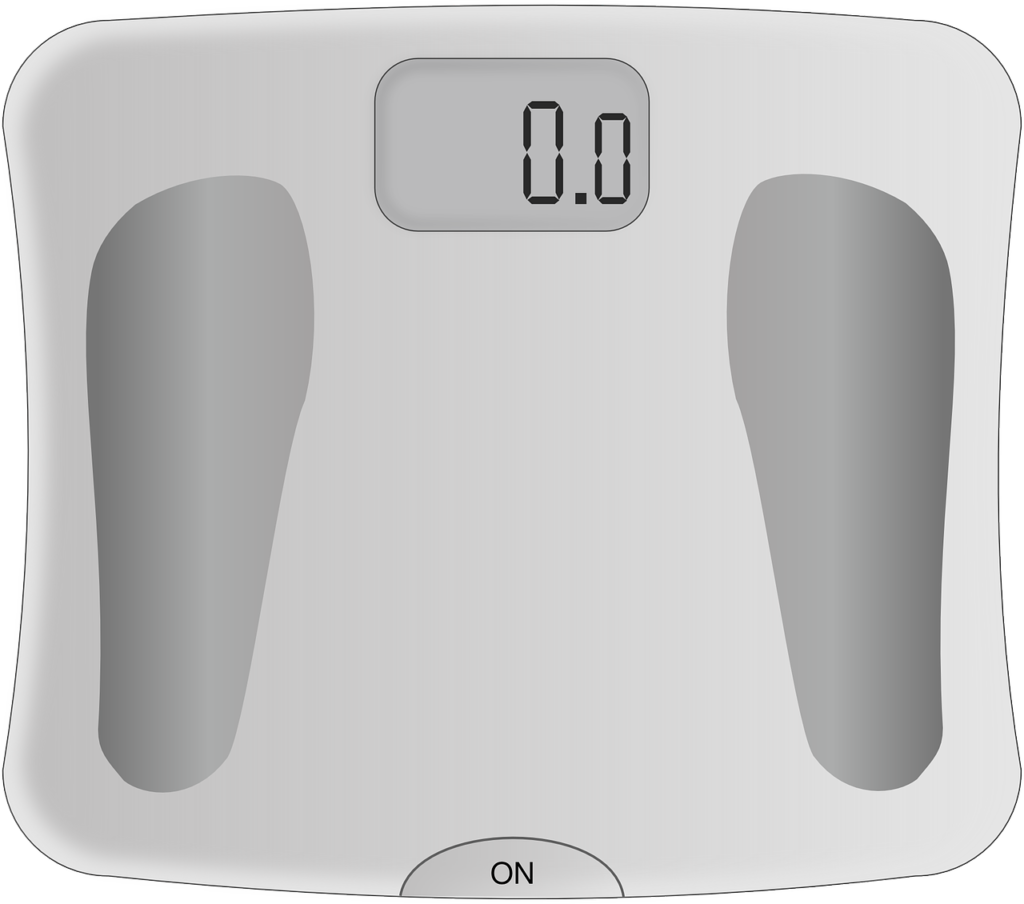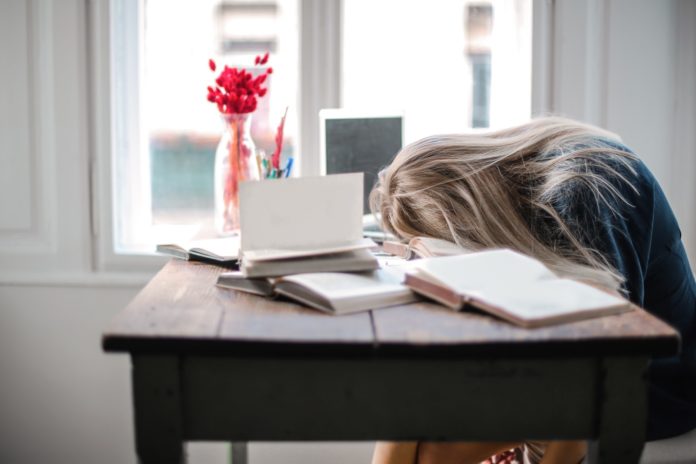It is increasingly common to come across advice on how to get in more sleep, which is fine because many people are sleep deprived.
Good sleep, aside from being critical to your physical and mental wellness, also reduces your chance of getting sick. This is true even among healthy individuals who suddenly find themselves in situations that disrupt their sleep pattern. This is because sleep allows our body to focus on detoxifying itself from all the built up stress during our waking hours.
But what about those who are getting too much sleep? What are the effects, if any, that can result from oversleeping?
The truth is there is a fine line between getting adequate sleep and sleeping too much, just as there is between low and high quality sleep. But is that a bad thing or a good thing? How much sleep should a person get?
Getting The Right Amount of Sleep
The average adult requires about eight hours of sleep a night. While it is true that getting less rest than you need will leave you feeling tired, getting more may not leave you feeling invigorated and stimulated either.
The amount of sleep you get have an effect on how you feel because getting excessive or insufficient sleep are both detrimental. Your sleep quality also matters because you can still feel sluggish upon waking even if you had put in enough hours of sleep.
Indeed, many people have reported feeling less energetic on days when they slept significantly longer than their required hours. Here are some side effects of oversleeping.
Side Effects of Oversleeping
1. Headaches
You have probably experienced periods when you wake up with a headache even though you got in the required 8 hours of sleep. This could be due to disruption in your sleeping pattern, including not going to bed at your regular hour or taking too long to fall asleep.
This will likely resolve itself once you return to your regular sleeping time.
2. Weight Gain

There seems to be some correlation between weight gain and oversleeping.
People who oversleep are likely to have stayed up late the night before, thus increasing the possibility of overeating which ultimately leads to weight gain. The body using less energy while you’re asleep may also be another factor.
3. You Feel Sluggish
No one really wins against sleep.
You either sleep too much or not enough, and either scenario could cause you to wake up feeling tired. We recommend not hitting that snooze button once the alarm goes off so that you do not oversleep.
Dealing with Oversleeping
As good as sleeping in during the weekends feels, it is always better to not oversleep nor undersleep.
This is because oversleeping can be just as bad as undersleeping, even though the former is seemingly rarer than the latter. The best approach is to aim for the optimum amount of sleep that your body needs, deviating only minimally. Try integrating short afternoon naps into your schedule if you feel tired during your waking hours.
Here is an article you can read to help set up your sleep schedule.
Lastly, always consult your doctor if you frequently face difficultly falling asleep or oversleeping. Remember to share all relevant details, even seemingly minor ones, with your health care professional to ensure a successful diagnosis.




